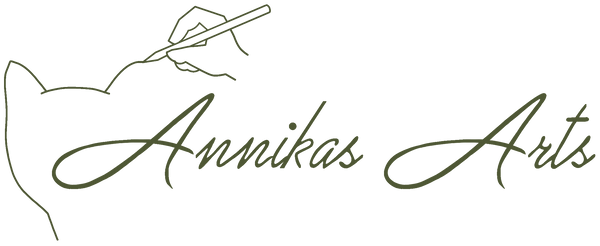Animal Welfare Week Day 4 - Marine Pollution
Share
ANIMAL WELFARE WEEK
Day 4 Marine pollution
Probably the biggest topic this week, so I apologize for having to cover it in such a short post. I recommend that everyone take a closer look at this, because any kind of environmental pollution affects our world and therefore all of us.
86 million tons of plastic are floating in our oceans and the number is increasing every day. Much of it has already sunk to the seabed. Residues often end up in the stomachs of sea creatures, blocking their respiratory tract and food intake. Another source of waste is fishing boats that lose or discard nets at sea. Animals become entangled, which can lead to skin damage and even severe deformities, and many drown in agony.
In addition, fertilizers, pesticides and chemicals regularly end up in the sea, so that virtually every living thing there is contaminated.
Leaking oil damages the soil structure and petroleum and dispersants are fatal to many organisms.
Above all, we can pay attention to being more conscious about our plastic consumption and switching to alternatives that are as long-lasting as possible in order to save resources. Garbage should be separated correctly so that plastic can be recycled and when buying cosmetics, for example, you should make sure to use brands without microplastics.
There are a number of small organizations and projects worth supporting that are dedicated to cleaning up the seas.
At least in the EU, many single-use plastic products have been banned since 2021, but more initiative will be needed from all countries to bring about real change, because, as described above, the whole world is concerned about what happens to our environment.





